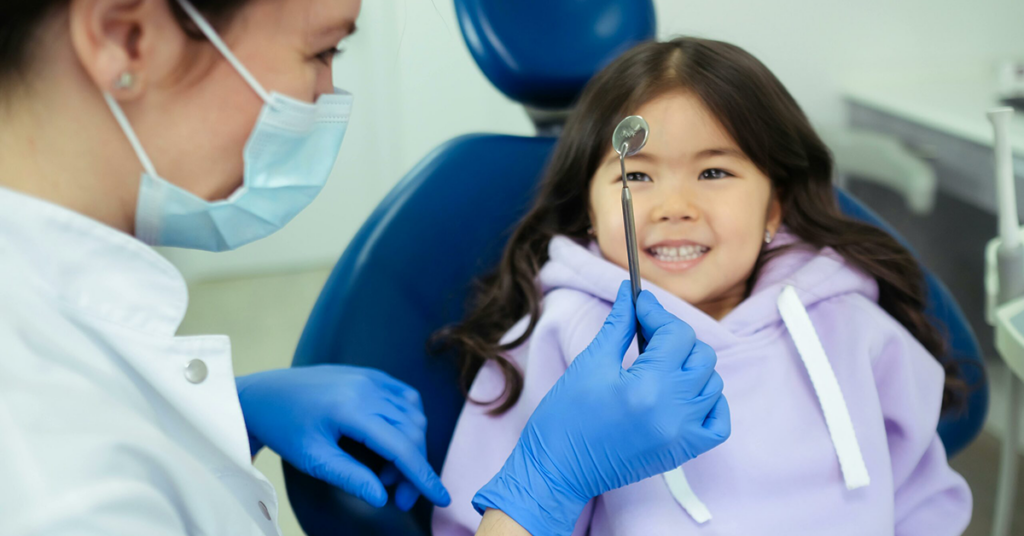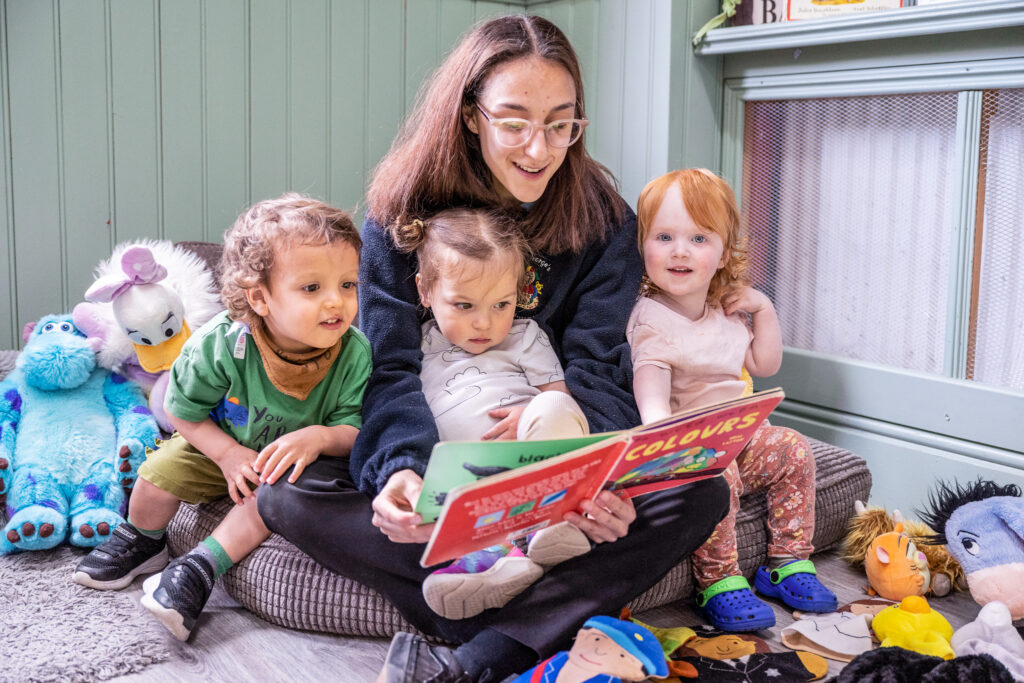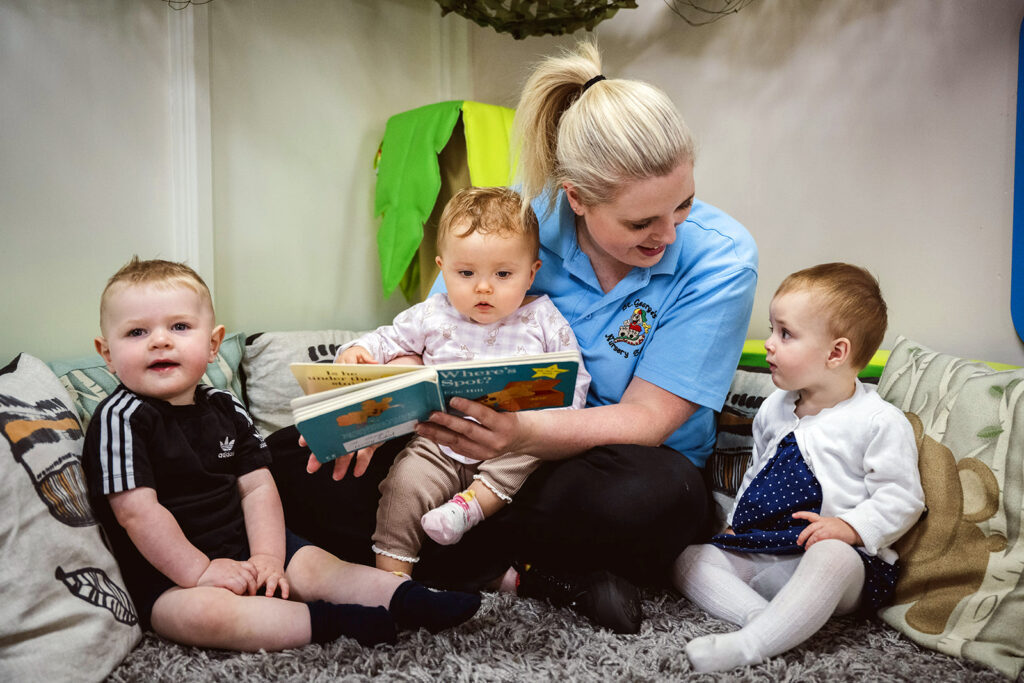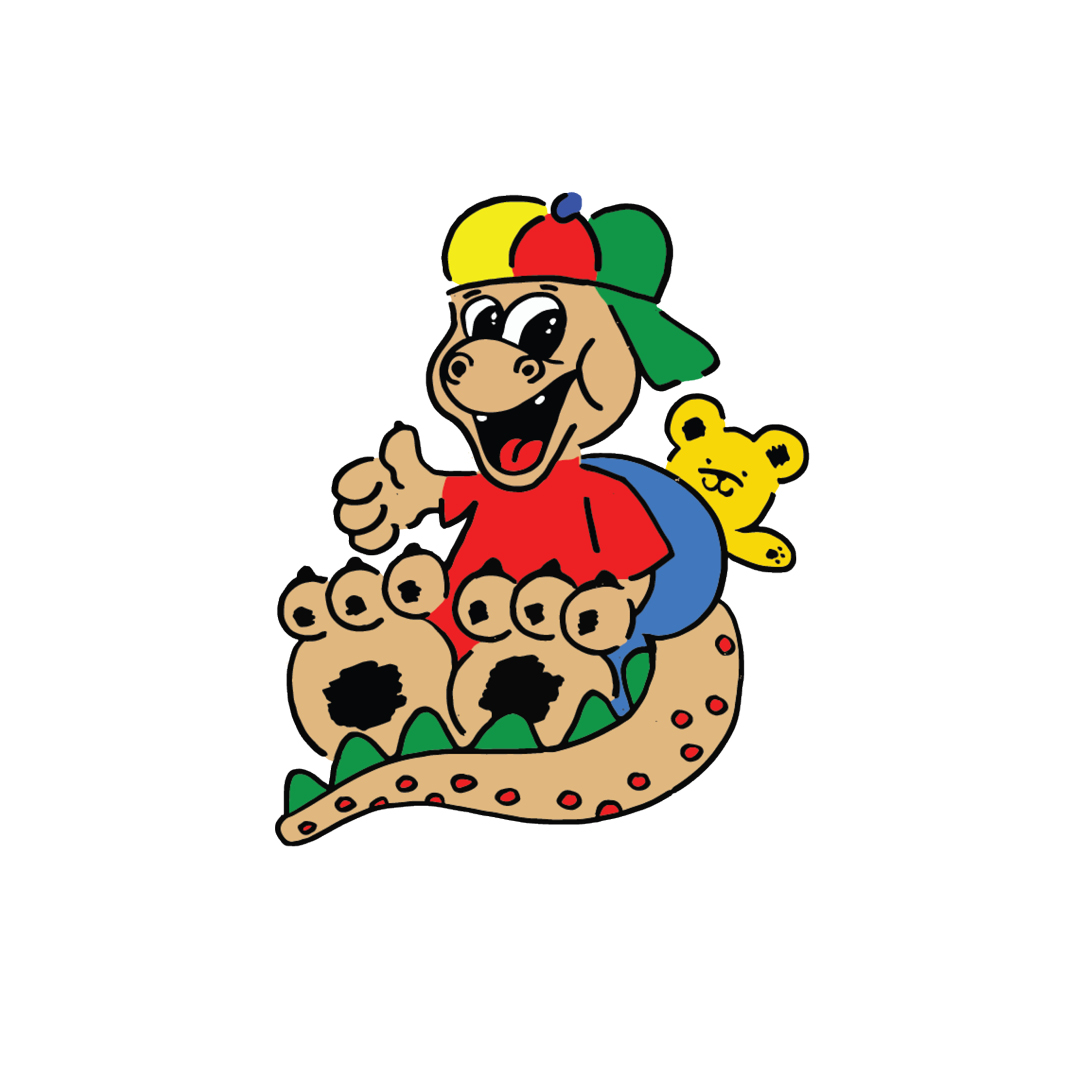As parents, you get to witness the incredible growth and development of your children every day – from those first wobbly steps to the cheerful babbling of new words. In the midst of these milestones, it’s easy to overlook an important aspect of your little one’s overall health – their oral health. The early years are a critical time for establishing good dental habits that will set the stage for a lifetime of healthy smiles.
The Importance of Oral Health
Here are several reasons why oral health is more important than you think and why you should teach the importance of it to your child from a very early age:
Preventing Tooth Decay:
Tooth decay is one of the most common chronic conditions in childhood. Establishing a routine of brushing your child’s teeth as soon as they appear, using fluoride toothpaste in the right amount, can significantly reduce the risk of cavities. A healthy set of baby teeth is not only essential for chewing and speaking but also makes the way for the permanent teeth to come in properly.
Preventing Gum Disease:
Gum health is not only important for teeth but also for overall oral well-being. Poor oral hygiene can lead to gum disease, causing issues such as bleeding gums, inflammation, and discomfort. Preventing gum disease in childhood contributes to healthier gums in adulthood.
Speech Development:
Healthy teeth and gums play a vital role in speech development. Properly aligned teeth contribute to clear pronunciation, allowing your child to communicate sounds and words effectively. Dental issues, such as misalignment or missing teeth, can affect speech development and communication skills.
Early Detection of Dental Issues:
Regular dental check-ups in childhood allow for the early detection of potential dental issues. Dentists can identify problems such as misalignment, overcrowding, or developmental concerns early on, which allows you to start the necessary treatments from a young age.
Nutrition and Healthy Eating:
Most children are known for being picky eaters, but a healthy mouth is closely tied to good nutrition. Proper oral care encourages the enjoyment of a variety of foods, contributing to a well-balanced diet. Conversely, dental issues can make eating uncomfortable and discourage them from trying new foods, potentially impacting their nutritional intake.
Establishing Lifelong Habits:
Teaching toddlers and children good oral hygiene habits sets the stage for a lifetime of dental care. Brushing, flossing, and regular dental check-ups become routine, reducing the risk of oral health problems in adulthood. Early habits also instil a sense of responsibility for one’s own health.
Effective Tips for a Positive Toothbrushing Routine
Here are some creative and effective ways to make toothbrushing a positive and enjoyable experience for your little one:
Choose a Fun Toothbrush and Toothpaste:
If possible, let them pick out their toothbrush and toothpaste. Choose colourful and age-appropriate options with their favourite characters or themes. This makes the process more exciting.
Create a Routine:
Establish a consistent toothbrushing routine. Brush your child’s teeth at the same times each day. Predictability helps them understand what to expect, making it easier for them to cooperate.
Make it a Game:
Turn toothbrushing into a game. Use a timer or sing a short song while brushing. Challenge your little one to “brush all the sugar bugs away” or count their teeth. Turning it into a playful activity can make it more enjoyable.
Let Them Choose the Toothbrushing Song:
Allow your little one to pick their favourite song for toothbrushing time. Encourage them to brush until the song is over. This adds an element of choice and control, making the activity more enjoyable.
Use a Step Stool:
Give your child a sense of independence by using a step stool. Allowing them to stand at the sink and see themselves in the mirror can make toothbrushing more exciting and less intimidating.
Praise your toddler for their efforts:
Praising your child such as clapping, cheering, or giving high-fives, highlights the idea that toothbrushing is a positive and important activity.
The early years of a child’s life are a golden opportunity to instil healthy habits that will last a lifetime.
By prioritising oral health for your children, you contribute not only to the well-being of their tiny teeth but also to their overall development. So, let’s embrace the role of nurturing those tiny smiles, ensuring that your precious little ones grow up with the foundation for a lifetime of oral health and happiness.
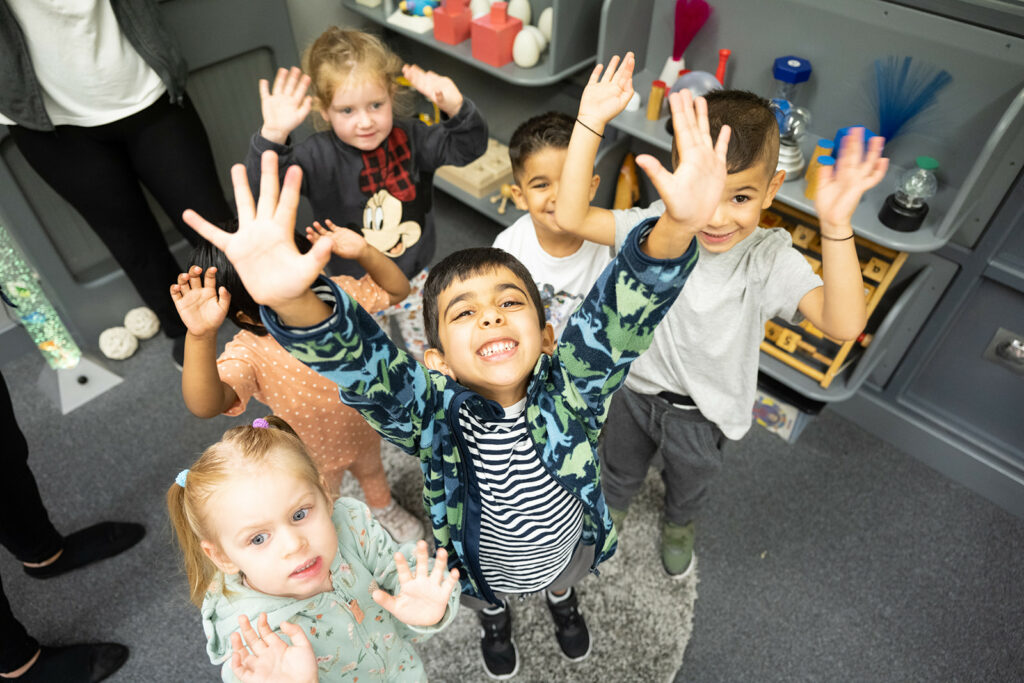
Follow us @StGeorgesNursery to learn more about our nurseries.

